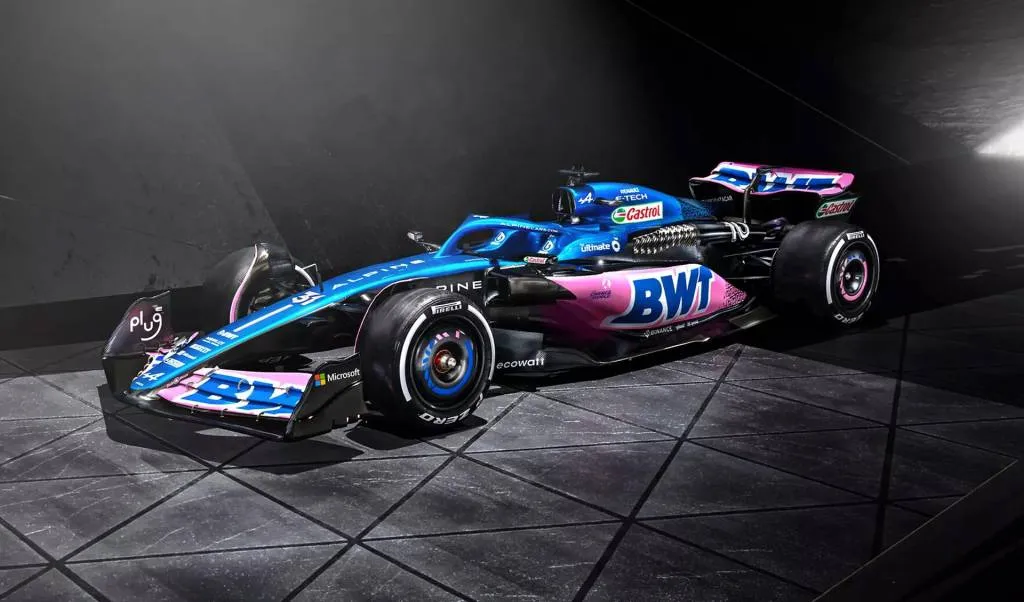- Renault will no longer build F1 power units after 2025
- F1 power unit staff to focus on EV technology, including Alpine supercar
- Alpine supercar due by 2030, possibly with solid-state batteries
A major shakeup is underway at the Viry-Châtillon motorsports skunkworks located south of Paris, which serves both Renault and its Alpine performance brand.
The site is where Renault develops and manufactures Formula 1 power units currently supplied exclusively to the Alpine F1 team, which is based in the U.K. and prior to 2021 raced as Renault.
Renault on Monday said it has ceased F1 power unit development at Viry-Châtillon, and will eventually wind down production of the current power unit after the 2025 season. The news comes after Renault CEO Luca de Meo earlier this year ordered a review into the F1 operation.
It means Alpine will have to source power units from another supplier from 2026, when F1 is due to introduce its next-generation power unit rules. The team is tipped to turn to rival Mercedes-Benz AMG for future power units.

2023 Alpine A523 Formula 1 race car
The Viry-Châtillon site will continue to serve both Renault and Alpine in other areas of motorsports, for example in the FIA World Endurance Championship and Dakar Rally. However, there will also be a greater emphasis on road car development, particularly in the area of electric vehicles.
As part of the shakeup, the site will be rebranded Hypercar Alpine, and become a new research and development hub for Renault and Alpine EVs, including a supercar for Alpine. The supercar was teased last year as one of seven new Alpines, when the brand also announced its intention to launch in the U.S. in 2027. Alpine's seven-car lineup will be complete by 2030, the brand said.
Battery development will be central, including solid-state battery technology for high-performance applications, like the Alpine supercar. Alpine in recent years has presented a pair of Alpenglow-named supercar concepts, though both of these featured hydrogen engines.
Around 200 or the 300 staff at the Viry-Châtillon site are currently linked to the F1 power unit program. They will be offered positions in the new areas of focus, Renault said. A small contingent will still focus on developments in F1 to help foster innovation and maintain those knowledge and skills.
